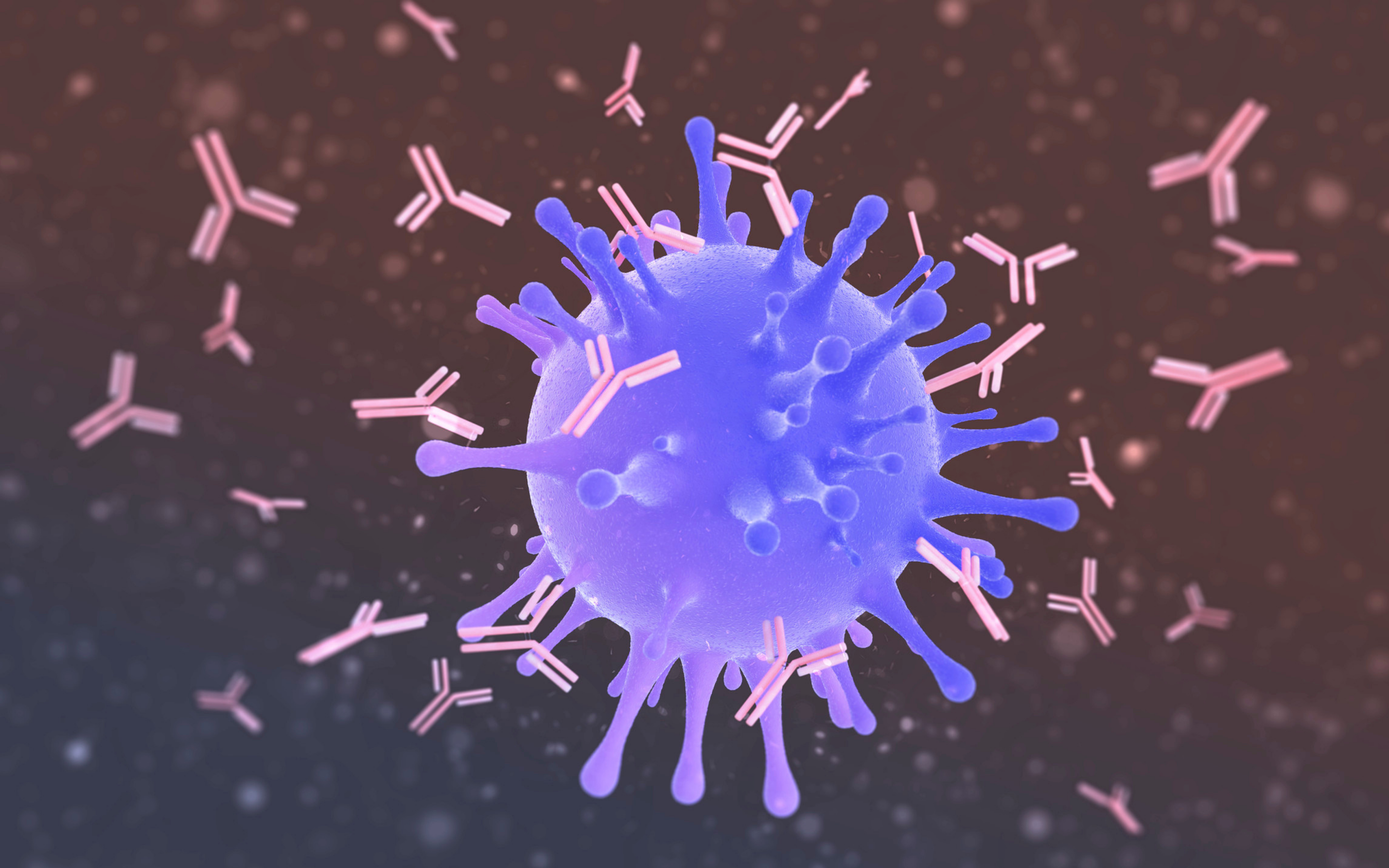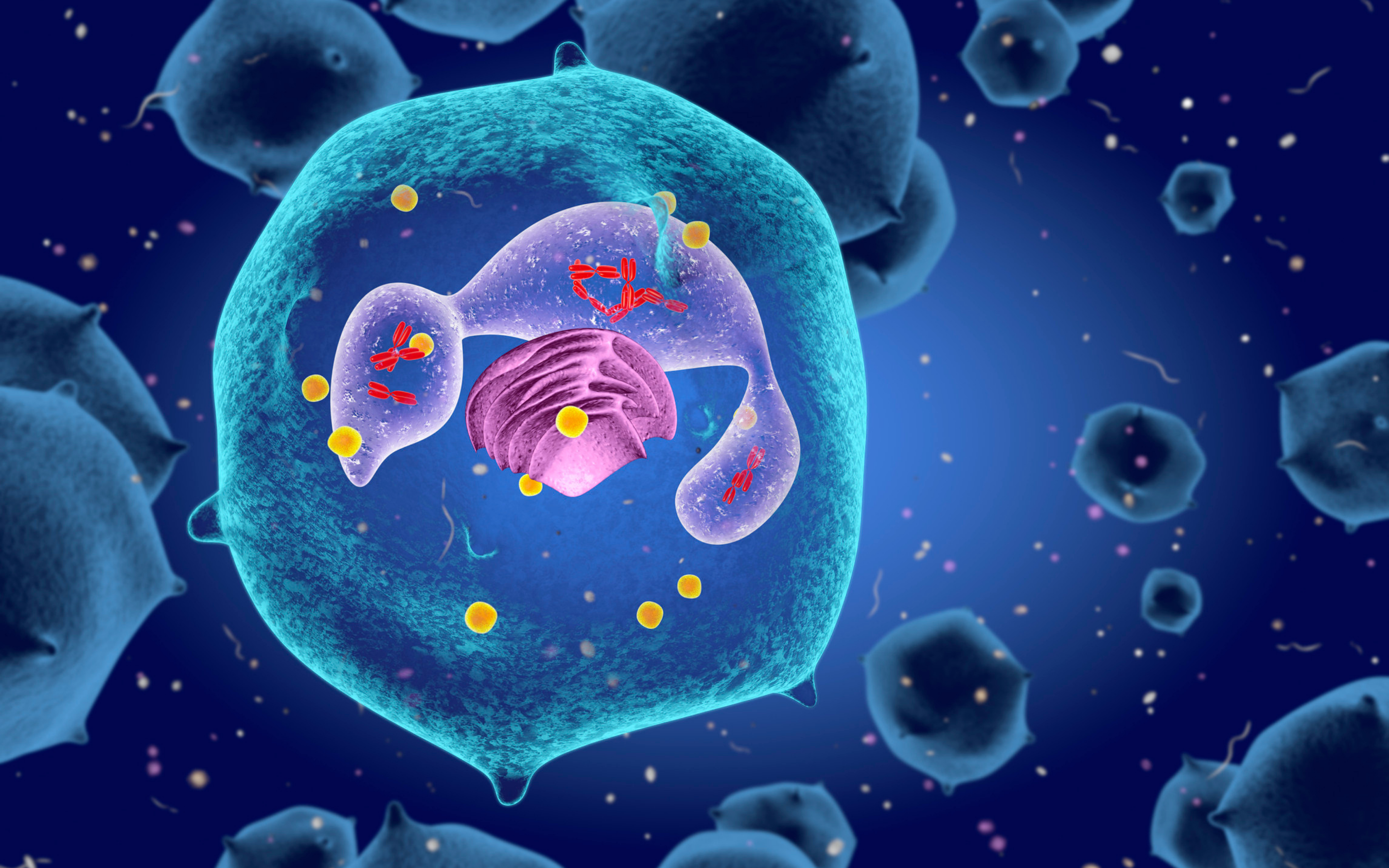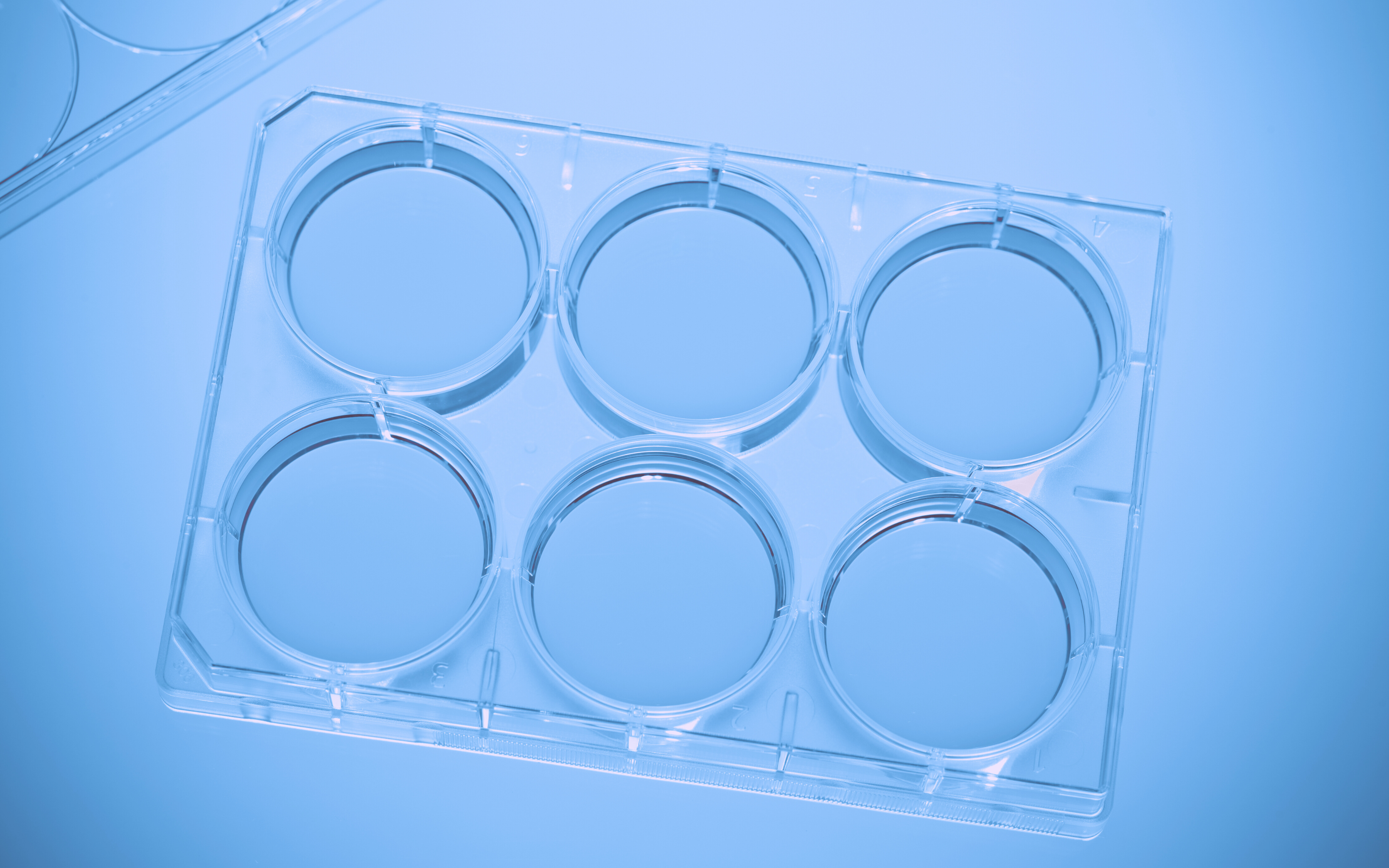Sample pooling is a lab technique that combines multiple samples into a single sample for testing. It’s a widely used method in specific industries, reducing the time and resources needed while maintaining the same degree of accuracy. For those working in manufacturing, QC labs, genomics, or other fields, sample pooling is a game-changing method of improving efficiency in the lab.
How Sample Pooling Works
Sample pooling combines multiple individual samples – whether blood, DNA, or other materials – into a single vessel, creating a pooled sample. From there, the experiment is conducted just once on the pooled sample, rather than testing each sample individually.
Applications in the Lab
Sample pooling is an incredibly valuable technique for labs in certain industries. Here are the most common places we’ve seen customers use Labguru’s sample-pooling capability within our ELN:
Genomics: It’s used extensively in DNA analysis to process multiple samples at once, having significant cost and time-saving benefits. It has the most significant advantages in large-scale genetic studies like genome-wide association studies (GWAS) that focus on identifying specific genetic markers, for example, SNPs associated with diseases or traits. Pooling allows researchers to find mutations faster without the need to analyze individual samples.
Environmental Science: When monitoring pollutants across a large area, sample pooling is one of the only options available. Pooling water, soil, or air samples from different locations allows researchers to broadly measure the environment and make health assessments, for example, pooling air samples from various locations in a city helps determine overall pollution levels and assess whether the air is safe to breathe.
It’s also helpful in more long-term projects, such as tracking the viral RNA levels of COVID (or other pollutants) in different rivers. Combining samples allows for fewer tests, fewer resources needed, and more widespread assessments.
Manufacturing & Quality Control: Sample pooling is an important part of the quality control process in manufacturing. Manufacturers combine samples from different batches to determine product consistency and identify defective products. Testing each product individually would take a significant amount of time. This method lets manufacturers stay compliant with stringent industry standards without wasting too much time testing individual samples.
Sample Pooling in Labguru
Labguru’s new Sample Pooling feature is a game-changer for enhancing lab efficiency. By enabling multiple samples to be grouped and tested together, this tool significantly reduces the number of tests required, saving time, cutting reagent consumption, and easing the demand on machinery. It establishes two-way connections between all stocks and samples in a pool—often referred to as parent-child connections—offering clear visual and textual traceability. This functionality makes the feature particularly useful for solution preparations, buffers, recipes, and formulations, while also providing labs with a robust system for tracking and managing pooled samples.
Labguru’s Sample Pooling tool empowers labs to scale their operations without increasing costs or complexity. High-throughput environments benefit the most, as this feature allows thousands of samples to be processed efficiently while maintaining accuracy. Whether adapting the feature to traditional workflows or customizing it for unique lab needs, Labguru ensures users can optimize processes and visualize each sample’s history with ease. By leveraging this innovative tool, labs can achieve more with fewer resources, boosting productivity and operational efficiency.
To learn more about how Labguru can improve your lab's sample management and efficiency, book a demo!



